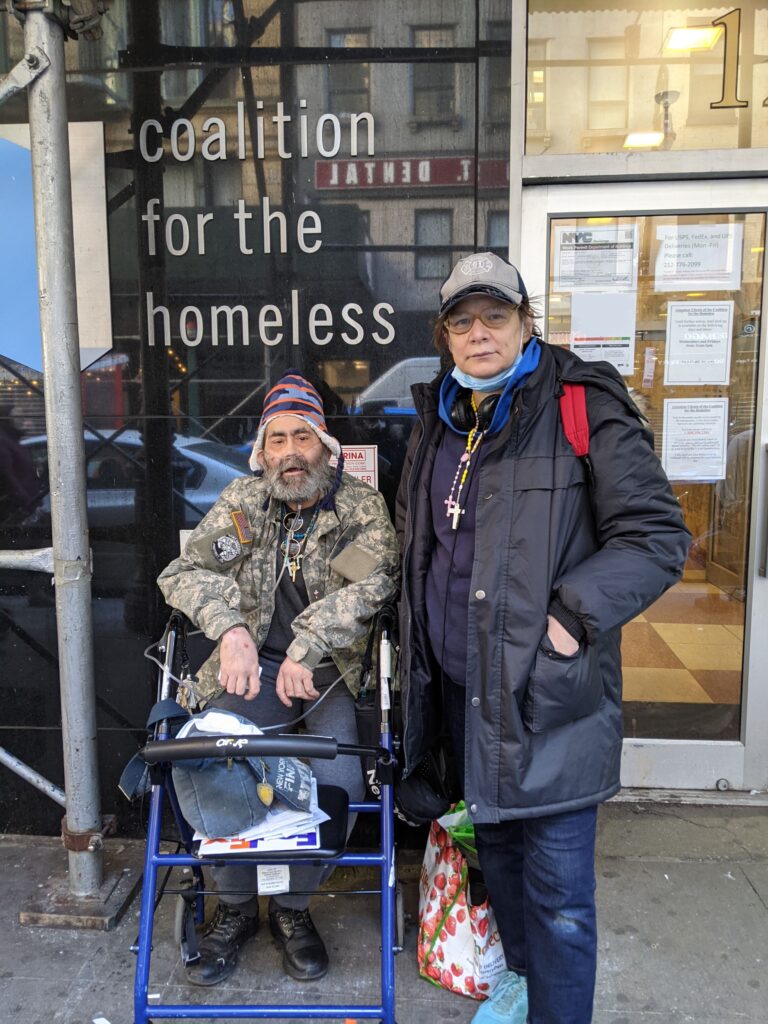The phenomenon that causes of homelessness is a multifaceted crisis, touching the lives of individuals and communities globally. It represents a confluence of varied social, economic, and health-related issues, each contributing to the rising number of homeless people. This comprehensive exploration aims to shed light on the myriad factors contributing to this growing concern.

Rise in Homeless Population: A Global Concern
Globally, the homeless population has been steadily increasing, a trend that highlights a concerning social issue. In many urban areas, including cities like Los Angeles County and San Francisco, the sight of unhoused people has become increasingly common. This rise is often attributed to a range of factors, such as the lack of affordable housing, economic downturns, and insufficient social safety nets.
The lack of affordable housing, in particular, has been identified as a critical issue. As housing supply struggles to keep pace with demand, prices have soared, pushing those with low income into precarious living situations. For many, the dream of affordable, permanent housing remains just that – a dream. The housing crisis is not just about shelter; it’s about the security and stability that a home provides.
Mental Illness and Homelessness: Understanding the Connection
Mental illness is a significant factor that causes of homelessness in the lives of many individuals. Studies suggest that a considerable proportion of the homeless population suffers from severe mental illness. This condition not only predisposes individuals to becoming homeless but also makes it challenging for them to secure permanent housing. The closure of public mental hospitals and a reduction in the capacity of psychiatric units have exacerbated this problem, leaving many mentally ill patients without the support they need.
Furthermore, the challenges faced by those with mental health issues are often compounded by the difficulties of living without a home. The lack of a stable living environment can worsen mental health conditions, creating a vicious cycle that is hard to break.
A premier essay service essayhub.com with essays for sale delivers personalized, exceptional writing support for diverse academic challenges. Its team of expert writers ensures the creation of original, well-researched content, meeting all deadlines. Emphasizing high quality and customer delight, it stands as a top choice for students seeking academic help.
The Affordable Housing Crisis: A Key Driver of Homelessness
At the heart of the homelessness crisis is the issue of affordable housing. The gap between income and housing costs has widened considerably, particularly in urban areas. This lack of affordable housing has led to a situation where low-income families and individuals are increasingly at risk of becoming homeless.
Cities like San Francisco and Los Angeles County are emblematic of this crisis, with soaring rents and a housing supply that falls far short of demand. The result is a growing number of people who are unable to afford stable housing, contributing to the rising homeless population.
The role of a paper writer for hire at writer24 is not just about writing papers; it’s about providing a comprehensive support system for students. These writers are professionals in their respective fields, bringing a wealth of knowledge and experience to each assignment.

Substance Abuse and Its Role in Homelessness
Substance abuse is another significant factor in the homelessness equation. A notable proportion of homeless people struggle with addiction, often turning to substances as a coping mechanism for the hardships they face. This addiction can create barriers to securing permanent housing, as many treatment programs and shelters require sobriety as a condition for assistance.
Writepaper stands as a premier destination for students seeking bespoke academic writing assistance. The platform specializes in customizing its services to meet the varied needs of students, ensuring each assignment, from essays to complex research projects, is handled with unmatched expertise and attention to detail.
Moreover, the relationship between substance abuse and homelessness is often cyclical. Addiction can lead to homelessness, and the conditions of being homeless can, in turn, exacerbate substance abuse issues. This interplay creates a challenging situation for those seeking to escape the cycle of homelessness.

Economic Factors: Unemployment and Poverty
Economic instability, characterized by unemployment and poverty, is a key driver of homelessness. The inability to secure stable, well-paying employment leaves many individuals and families unable to meet basic needs, including housing. Those working for minimum wage or living on fixed incomes are particularly vulnerable, as their earnings often do not keep pace with the cost of living.
Local governments and human services organizations attempt to address these issues, but the scale of the problem often outstrips available resources. The result is a growing population of people who are unable to afford basic necessities, including food and shelter.
Social and Family Issues Leading to Homelessness
Social and family dynamics play a crucial role in the homelessness crisis. Issues such as domestic violence and challenges in the child welfare system contribute significantly to the problem. For instance, a considerable number of homeless women report domestic violence as a primary factor in their homelessness. Similarly, children from the foster care system are at a higher risk of becoming homeless, often due to a lack of support and resources.
These social issues highlight the need for comprehensive support systems that address not only the economic aspects of homelessness but also the underlying social factors.
Government Policies and Homelessness: An Analysis
Government policies have a significant impact on the state of homelessness. Policy decisions regarding affordable housing, healthcare, social services, and the criminal justice system all play a role in either exacerbating or alleviating the problem.
For example, the reduction in public psychiatric hospitals and cuts in community care programs have left many mentally ill individuals without the support they need, increasing their risk of homelessness. Similarly, policies that fail to address the root causes of poverty and unemployment can contribute to the problem.
In conclusion, homelessness is a complex issue with no single cause or solution. It requires a multi-faceted approach that addresses the various contributing factors, including mental health issues, the affordable housing crisis, substance abuse, economic instability, social and family dynamics, and government policies. By understanding and addressing these root causes, society can work towards reducing and ultimately preventing homelessness, ensuring that everyone has access to stable, affordable housing and the support they need to lead fulfilling lives.
